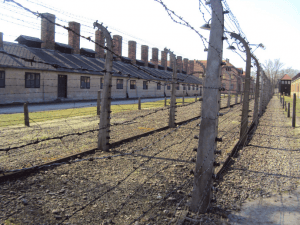*What was different from last time? What is present and what is absent? What was added?
* How the derive is changed when we did it through a different prism, as guides, with another person who wasn’t there for the first one?
*Testimonies or traces of previous lives. Look at the underwear carefully hanged on the fence.
*How can you document smell?
* It is always moving to see abandon children`s objects like toys or clothes.
*Lincoln is the birthplace of the tank. Tanks these days are more common in Israel and in my own background story. Can I tell a story, like I would for kids about that?
*There are a lot of big windows here. Big windows (Wes said) are representing ,traditionally, wealth and health because it was much more expensive to buy glass or the heating for a house with a lot of windows. What was window taxing?
*The large windows are allowing the outside light and view to come inside. So what would happen if I’ll just stand there outside a random window and be part of this outside that got in?
*A site can bring up a lot of childhood memories. But what if my past is different from the past that I could have growing up here. How can one use this space and how could I have used it?
* I can physically map this place with things I didn’t do here, but the place contains its potential of being, of un-experienced experiences.
*How certain places can wake up a holocaust memory?
*Exploring or investigating a site means sometimes to look at it in a different level than the normal eye level.
*Smell memory can haunt you.
*Everyday rituals has certain rhythm and that would be interesting to explore.
*My performance-basic idea: the life I could have had here, making something to grasp, have a connection to a place I have no connection to. Maybe a projection of short clips, for sure using mixed existing texts (or maybe songs) dis-attached from their original context and giving them new meanings.
*What are the borders of a site specific performance (time? Space?)
*In the picture: no its not the industrial area of Lincoln, its the fence and buildings in Auschwitz. Every place looks like Auschwitz but there’s no place like it. source:https://kochenindeutschland.wordpress.com/2014/04/26/auschwitz-a-pilgrimage-part-ii-auschwitz-i/
Readings for this week:
Pearson – Models and Approaches

